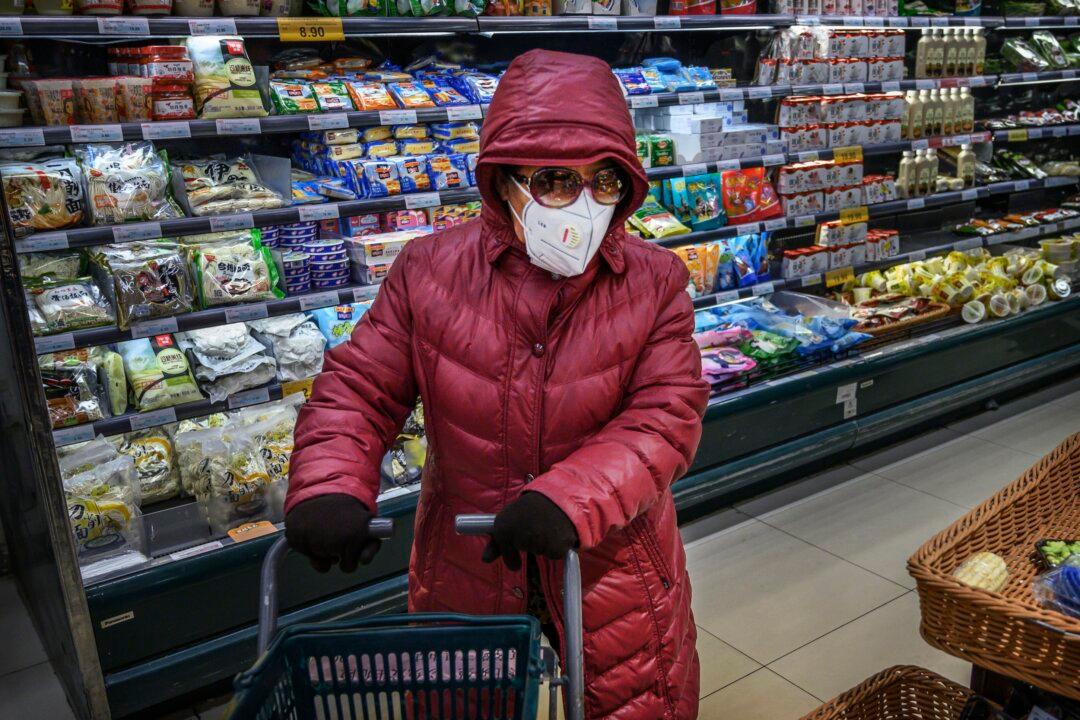The following updates are from Jan. 28. Click here for updates from Jan. 29.
At Least 3 Foreigners Infected in China
At least three foreigners—two from Australia and one from Pakistan—have contracted the coronavirus in the southern province of Guangdong, provincial authorities said, according to the South China Morning Post.Deputy head of the Guangdong Health Commission Chen Zhusheng said on Jan. 29 that all three were in stable condition but it was unknown how they were infected.





